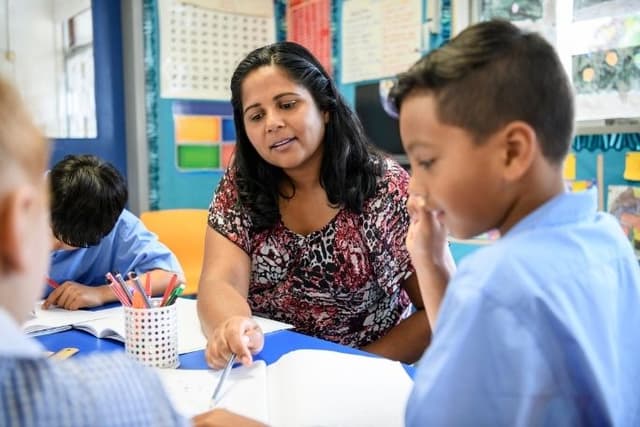
Visy Education - Empathise - Discovering the Waste Problem
Lesson1 of 8 in this unit
PrimaryYear 5 - 6EnglishHumanities and Social SciencesTechnologyDesign and TechnologiesEnvironmentalRecyclingSustainabilityEconomicIndustry, Innovation and Infrastructure
Summary
Lesson Guides and Printables
Lesson Plan

Teacher Content Info
